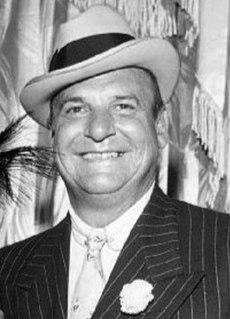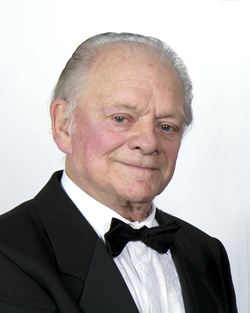A Quote by Gao Xingjian
Various political parties, even if they're in direct opposition with one another, still say they are the spokesperson for the people. The writer must speak his own words and not get mixed up with politics.
Related Quotes
Many novelists say, "I'm not a political novelist" - myself included. That's a standard, even a default position. Whereas that divide between art and politics simply isn't possible in many countries. In Hungary, you couldn't be a fiction writer and then, when asked about politics, put your hands up in the air and say "But I'm not a political novelist." If you're a Chinese novelist, a novelist in a country where censorship is such an issue, how do you claim that politics has nothing to do with your writing? It's in your writing, it's shaping your words.
Nevertheless, hateful as saying 'No' always is to an imaginative person, and certain as the offence may be that it will cause to individuals whose own work does not require isolated effort, the writer who is engaged on a book must learn to say it. He must say it consistently to all interrupters; to the numerous callers and correspondents who want him to speak, open bazaars, see them for 'only' ten minutes, attend literary parties, put people up, or read, correct and find publishers for semi-literate manuscripts by his personal friends.
The Founders recognized that Government is quite literally a necessary evil, that there must be opposition, between its various branches, and between political parties, for these are the only ways to temper the individual's greed for power and the electorates' desires for peace by submission to coercion or blandishment.
Things have changed in Latin America now. We mostly have democratic governments in Latin America, so the position of the writer has changed. It is not as Neruda used to say, that a Latin American writer walks around with the body of his people on his back. Now, we have citizens, we have public means of expression, political parties, congress, unions. So, the writer's position has changed, we now consider ourselves to be citizens - not spokespeople for everybody - but citizens that participate in the political and social process of the country.
I never regard my characters, my protagonists, as personifications. It's not that I sit by my desk and I pick up a character who will be the spokesperson of the Israeli Left, another one will be the spokesperson of the Right, another one will be the spokesperson of Middle Eastern Jews, European Jews, religions Jews and so on.
All people in the world - who are not hermits or mutes - speak words. They speak different languages, but they speak words. They say, "How are you" or "I'm not feeling well" all over the world. These common words - these common elements that we have between us - the writer has to take some verbs and nouns and pronouns and adjectives and adverbs and arrange them in a way that sound fresh.
Christ was a sublime actor on the stage of the world. He knew what he was thinking of when he said, "Heaven and earth shall pass away, but my words shall not pass away." I draw near to him at such a time. Yet he taught mankind but imperfectly how to live; his thoughts were all directed toward another world. There is another kind of success than his. Even here we have a sort of living to get, and must buffet it somewhat longer. There are various tough problems yet to solve, and we must shift to live, betwixt spirit and matter, such a human life as we can.
If you're a status quo writer, you're considered to not be political but that's as political as if you're a progressive writer. Some politics are asked to show their passports and others aren't. In the Dominican Republique, if you're slightly progressive, people have a lot of suspicions that you're up to some sort of conspiracy, that this is some sort of plot. On the other hand, if you're conservative and mainstream, people tend to take that as a given and don't notice the politics.
The writer learns to write, in the last resort, only by writing. He must get words onto paper even if he is dissatisfied with them. A young writer must cross many psychological barriers to acquire confidence in his capacity to produce good work-especially his first full-length book-and he cannot do this by staring at a piece of blank paper, searching for the perfect sentence.
Thus, if there exists a law which sanctions slavery or monopoly, oppression or robbery, in any form whatever, it must not even be mentioned. For how can it be mentioned without damaging the respect which it inspires? Still further, morality and political economy must be taught from the point of view of this law; from the supposition that it must be a just law merely because it is a law. Another effect of this tragic perversion of the law is that it gives an exaggerated importance to political passions and conflicts, and to politics in general.
We must take our sentences seriously, which means we must understand them philosophically, and the odd thing is that the few who do, who take them with utter sober seriousness, the utter sober seriousness of right-wing parsons and political saviors, the owners of Pomeranians, are the liars who want to be believed, the novelists and poets, who know that the creatures they imagine have no other being than the sounding syllables which the reader will speak into his own weary and distracted head. There are no magic words. To say the words is magical enough.







































